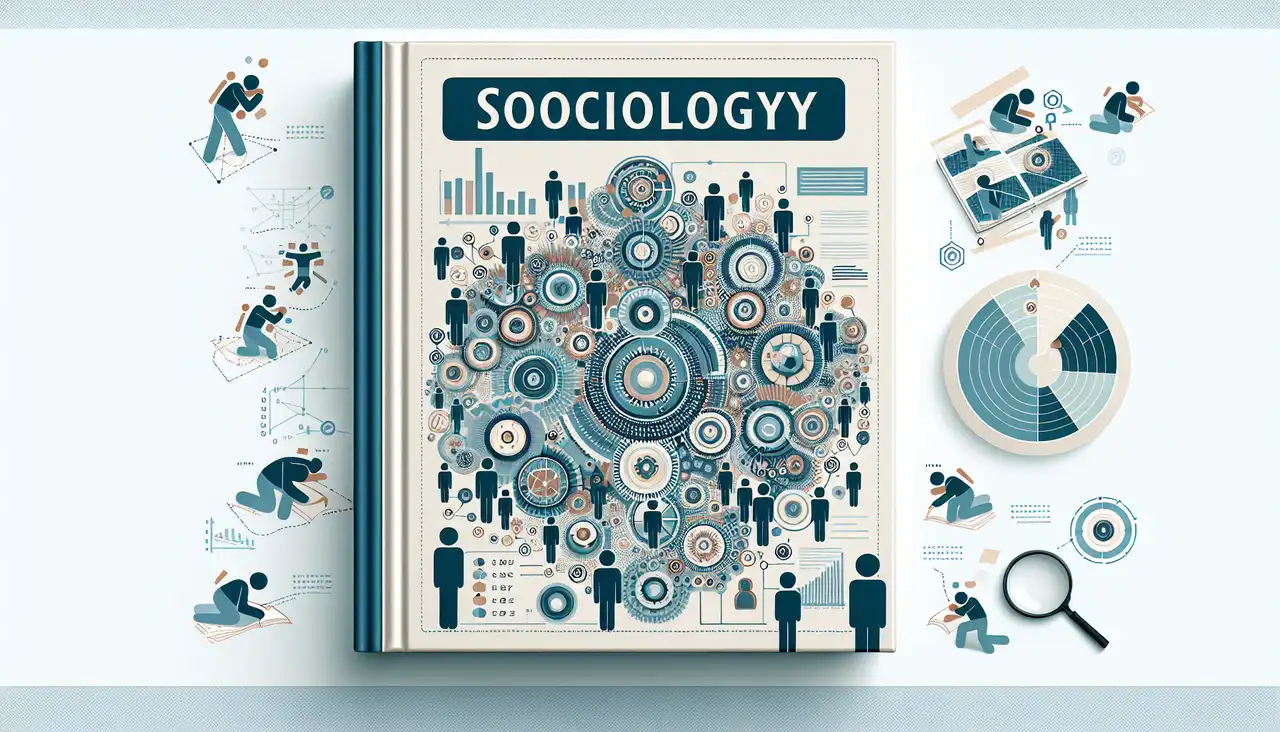

John H. Gilmore
John H. Gilmore is a distinguished figure in the field of psychiatry, holding the esteemed position of Thad and Alice Eure Distinguished Professor and Vice Chair of Research and Scientific Affairs at the University of North Carolina at Chapel Hill School of Medicine. In addition to his academic roles, he serves as the Director of the Center for Excellence in Community Mental Health, where he spearheads initiatives aimed at advancing mental health research and care. Dr. Gilmore's research is primarily centered on the intricate processes of early childhood brain development and its implications for psychiatric disorders. He is at the helm of the UNC Early Brain Development Study, a pioneering longitudinal study that tracks over 1000 newborns. This study employs advanced brain imaging techniques, alongside cognitive and behavioral assessments, conducted biennially to unravel the complexities of brain maturation and its impact on mental health. A significant aspect of Dr. Gilmore's current research involves the application of artificial intelligence to explore the interplay between white matter, functional resting state networks, and cognitive functions such as attention, anxiety, and executive function. His work is at the cutting edge of neuroscience, seeking to elucidate how these neural components contribute to the risk and manifestation of psychiatric disorders. Furthermore, Dr. Gilmore is deeply invested in understanding the developmental trajectory of the adolescent brain. His investigations aim to pinpoint when individual differences in brain structure and function emerge during adolescence, with a particular focus on identifying early imaging biomarkers that could predict the onset of psychiatric disorders in this critical developmental period. Through his extensive research, Dr. Gilmore strives to bridge the gap between early brain development and later mental health outcomes, contributing valuable insights into the prevention and treatment of neuropsychiatric disorders. His work not only enhances our understanding of brain development but also holds promise for improving the lives of individuals at risk for psychiatric conditions.
Research Interests
Publications
, 41-57, 2013-03-13
, 2024-01-17
, 372-373, 2018-03-25
, 2021-01-01
, 104-105, 1955-02-01
, 2024-05-30
, 2024-11-19
, 119-140, 2000-01-01
, 586-590, 1984-12-01
, 1-26, 1999-01-01